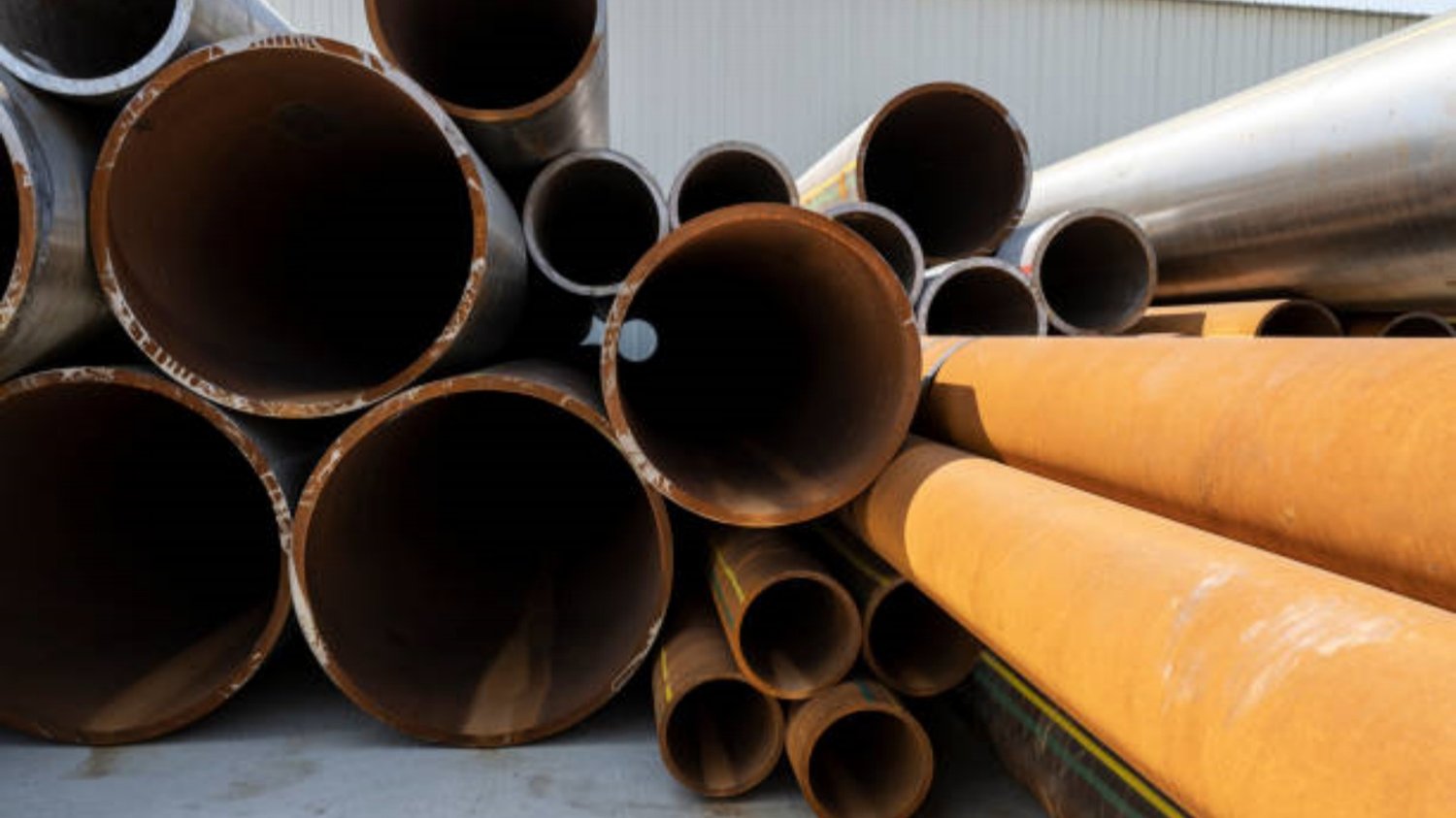Introduction
When it comes to choosing a pipe for your residential main water line, it is important to consider a few factors that will ensure the durability and longevity of the pipe. The right pipe will save you money in the long run by reducing the likelihood of leaks and requiring less maintenance. In this article, we will discuss the best pipe options available for your residential main water line.
PVC
PVC, or Polyvinyl Chloride, is a very common type of pipe used in residential plumbing. It is affordable, easy to install, and lightweight. PVC has a smooth inner surface that promotes good water flow, and it is resistant to corrosion and most chemicals. However, PVC pipes are not suitable for hot water, and they may crack if exposed to freezing temperatures.
CPVC
CPVC, or Chlorinated polyvinyl chloride, is similar to PVC, but it is designed to handle hot water better. It is also more durable and has a higher temperature tolerance than PVC. However, CPVC is more expensive than PVC and may be more difficult to install.
PEX
PEX, or cross-linked polyethylene, is a versatile and flexible pipe that can be used for both hot and cold water. It is easy to install and resistant to freezing and corrosion. PEX also has a low risk of leaks and is more affordable than copper pipes. However, PEX may not be suitable for outdoor use, and it may be vulnerable to damage from UV rays.
Copper
Copper piping is one of the oldest and most reliable types of pipes used in residential plumbing. It is durable, corrosion-resistant, and has a high temperature tolerance. Copper pipes are also environmentally friendly and have a long lifespan. However, copper piping is expensive and requires skilled labor for installation.
Galvanized Steel
Galvanized steel pipes are made of steel that has been coated with a layer of zinc to prevent rust and corrosion. They are strong and durable, and they have strong resistance to damage. However, galvanized steel pipes are prone to corrosion over time and may develop leaks. They may also contaminate your water with lead or other harmful substances, so it is important to have them tested regularly.
Brass
Brass pipes are made of an alloy of copper and zinc and are used for hot and cold water applications. They are resistant to corrosion and can last for decades, but they are more expensive than most other types of pipes and may require frequent maintenance.
Cast Iron
Cast iron pipes are very durable and can handle high volumes of water. They are mainly used for sewage and drainage applications rather than water supply. Cast iron is resistant to corrosion and can last up to 100 years, but it is very heavy and may be more expensive than other options.
High-Density Polyethylene (HDPE)
HDPE pipes are resistant to corrosion and have great strength, flexibility, and durability. They can handle both hot and cold water and are ideal for underground installations. However, they may be more expensive than other options and may be difficult to install.
Conclusion
When it comes to choosing the best pipe for your residential main water line, it is important to consider the specific needs of your home. Each type of pipe has its own set of advantages and disadvantages, so it is important to weigh them carefully. PVC and PEX are affordable and easy to install, while copper and brass offer long-lasting durability. Whatever option you choose, make sure you have the pipes installed by trained professionals to ensure the safety of your home's water supply.

